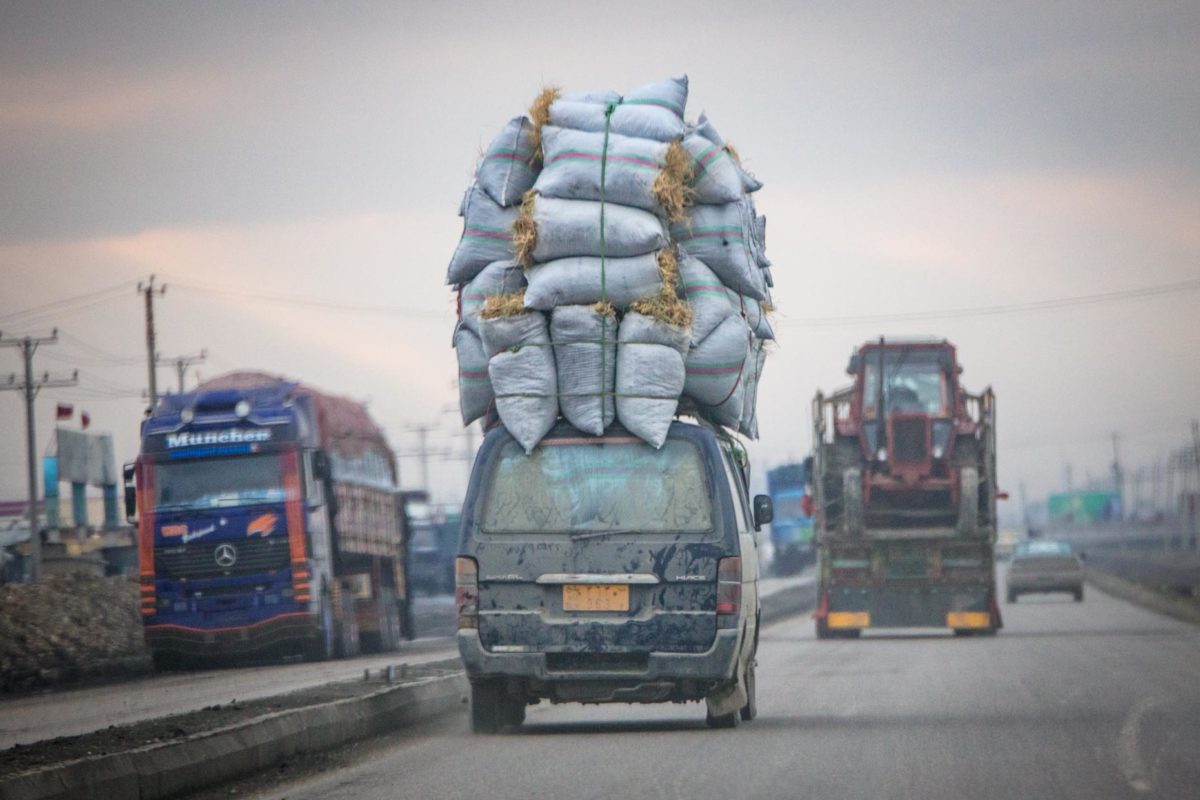New EU agreement facilitates deportations to Afghanistan

Afghanistan, ahead of Syria, is considered to be the most most dangerous country in the world. Despite this, deportations to Afghanistan are taking place, and despite this, the EU has once again adopted an agreement that is intended to further facilitate deportations to Afghanistan. This document, drawn up between the Commission and the Council, was signed at the beginning of February without the EU Parliament having any say in the matter.
New Afghanistan Agreement
The new repatriation agreement JDMC (Joint Declaration on Migration Cooperation) replaces the Joint Way Forward (JWF) agreement negotiated in 2016. In terms of content, the new agreement is a further step backwards for those seeking protection from the country, which has been ravaged by war and economic crisis. In my November article I explained the JWF and its importance for deportations, as well as the situation for protection seekers from Afghanistan. Numerous civic organizations opposed the extension of the JWF agreement. The new return agreement is based on the JWF agreement, but there are a number of changes:
Thus, the definition of vulnerable groups more narrowly defined. From now on, deportations of sick people should only be suspended for people who suffer from a very serious illness and - this concretion is new – cannot be treated in Afghanistan. The latter will probably be very difficult to prove in concrete cases. The possibility for deportations will also be facilitated, as the definition of a family unit will be limited to parents and minor children. In addition, all EU member states are to participate in deportations to Afghanistan, regardless of any bilateral agreements with the civil war country. The agreement allows for joint deportations of up to 50 people per flight, with a total of up to 500 people to be deported per month in the future, although this number can be increased. In the previous agreement, there was an unofficial agreement that there would be no more than one flight per week from Europe. This will now be significantly increased, but it can be assumed that the Afghan Government will not accept a figure of more than 500 per week.
While the JWF agreement is valid for two years, the new framework is unlimited in time through the JDMC. Instead, the new agreement can only be suspended after consultation and at a certain point in the year.
tightened security
After the end of the first round of negotiations in Afghanistan in December 2020, the Doha peace talks resumed at the end of February 2021, but progress is very slow. There is no ceasefire and the security situation is increasingly deteriorating. Violence is at its highest level in the last 20 years, and in recent months there has been an increase in targeted attacks on journalists, human rights activists and civil servants. The EU Commissioner for Conflict Management, Janez Lenarčič, recently stated in his report that Travelogue to the civil war-torn country, that the conflict was permeating every corner of the country, causing millions of civilians to be displaced and seek refuge inside and outside the country. Afghanistan has the second largest number of refugees and internally displaced persons in the world. In total, almost half the population depend on humanitarian aid. Without it, 16.9 million people in Afghanistan would be at risk of starvation. The pandemic and natural disasters further exacerbate the situation. The country is suffering one of the biggest food crises in the world.
EU states still want to deport
Even the sick and people undergoing treatment are not protected from deportation. Only in February, against widespread protest, Germany introduced a further Collective deportation of 26 people to Afghanistan, although the Administrative Court of Baden-Württemberg had previously ruled in a Case-by-case decision declared a deportation to the country unlawful in connection with the current coronalage. The reason for this was the impossibility of meeting the most basic needs of food, shelter and hygiene. But the deportations continue. In 2020, the recognition rate of asylum applicants from Afghanistan was about 53 %However, it varies greatly between the different Member States and is thus like a lottery for people who have made it to Europe under the most difficult conditions. For example, it was in Bulgaria at 1%, in the Netherlands at 42%. If they return to Afghanistan, the chances of renewed immediate displacement are very high.
What can the European Parliament do?
The European Parliament has no say in the drafting and adoption of the agreement and can only resort to general rights of control. At the same time, it should be emphasised that, at least in Germany, deportations are mostly carried out on the basis of a bilateral agreement with Afghanistan. Nevertheless, I will try to get the issue on the EP agenda in the coming weeks and organise an exchange with the Commission. I would like to know what conditions are attached to EU funds for Afghanistan and where the money goes. In particular, chain deportations, in which people are deported to Afghanistan who are not even from the country, must be prevented. Only one Fraction of the refugees from Afghanistan come to Europe at all, a large part is taken in by the neighbouring countries Pakistan (1.42 million in 2020) and Iran (951000 in 2020). – of a total of 2.7 million refugees These countries must be supported by the EU, we need a better distribution of responsibility, which is also called for in the Global Compact for Refugees. Progressive and people-friendly solutions should be highlighted and mobilised. Afghanistan is not and will not remain safe in the near future, which is why we must continue to prevent deportations to the country.